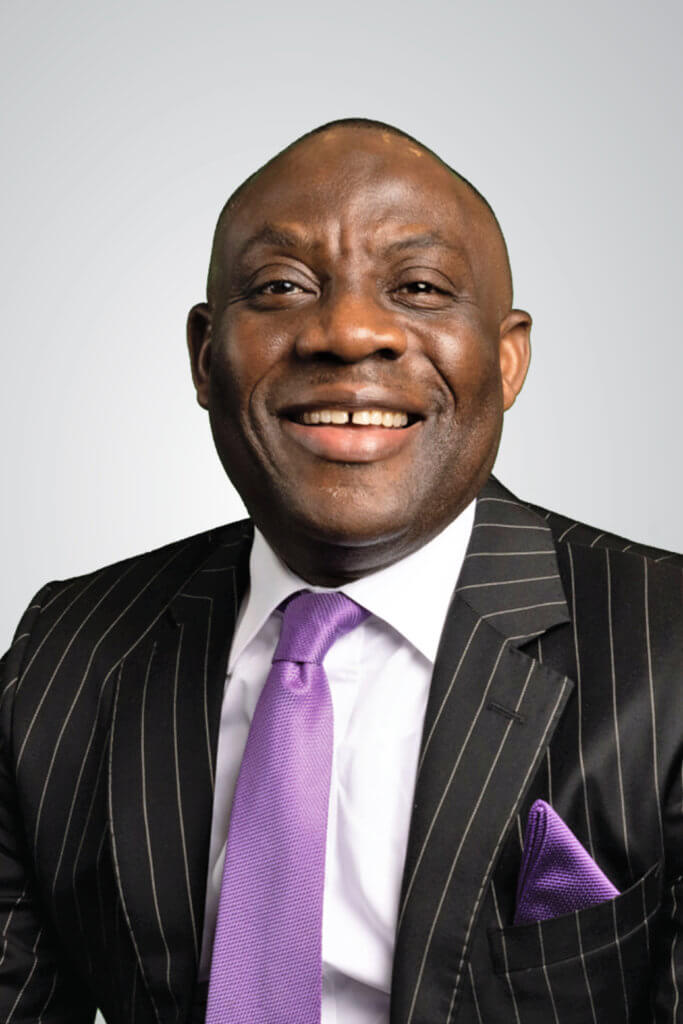
The Nigerian government has reeled out significant advancements in the country’s healthcare sector, marking pivotal moment in nation’s pursuit of comprehensive healthcare coverage.
Nigeria’s Minister of State for Health, Dr. Tunji Alausa, emphasised the concrete gains achieved in healthcare delivery, attributing them to strategic initiatives aimed at enhancing oversight mechanisms and efficient allocation of resources.
One of the notable initiatives highlighted by Alausa is the National Health Fellows Programme, which seeks to engage young Nigerian fellows in all the 774 local government areas throughout Nigeria. They are tasked with ensuring transparent and accountable utilisation of healthcare funds at the grassroots level. This effort reflects the commitment of the government to improving the efficiency and effectiveness of fund management within the healthcare system.
Furthermore, the minister emphasised the unprecedented expansion of healthcare infrastructure and human resources. He stated that the enrollment in medical institutions had doubled, and there had been a significant increase in nursing school capacity, which indicates a concerted effort to address the human resource crisis in the healthcare sector. These investments aim to improve the capacity of healthcare facilities and enhance the delivery of quality care to Nigerian citizens.
The minister also revealed a record-high budget allocation to the healthcare sector, marking the highest in over two decades. He reiterated that the government’s commitment to prioritising healthcare and improving healthcare outcomes for all Nigerians.
These funds would be allocated towards infrastructure upgrades, procurement of state-of-the-art medical equipment and the recruitment of additional healthcare personnel, including nurses, pharmacists and community health workers. The growing confidence in Nigeria’s healthcare system is evidenced by an increasing number of international patients seeking care within the country.
The minister emphasised the transformative efforts underway in Nigeria’s healthcare sector, with a focus on accountability, resource optimisation and infrastructure development, he said that the nation was poised to achieve significant improvements in healthcare delivery and outcomes, paving the way for a healthier and more prosperous future for all Nigerians.
The minister also announced additional funding from domestic and international sources, including the Basic Healthcare Provision Fund and commitments from development partners. These funds would be deployed to strengthen the healthcare system and support initiatives aimed at improving health outcomes nationwide.
Furthermore, the minister emphasised the government’s commitment to addressing various health challenges, including human trafficking, violence, and infectious diseases such as tuberculosis and malaria.
Regarding malaria, he acknowledged the longstanding issue Nigeria faces despite efforts dating back to the establishment of the Malaria Programme in 1948. However, he expressed confidence in the country’s malaria elimination strategy, which includes the adoption of a malaria vaccine.
While specific rollout dates for the vaccine were not provided, the minister assured that plans were underway to map out states for deployment based on prevalence rates and other factors. He emphasised the importance of deploying a combination of tools and strategies to achieve over 90 percent success in malaria elimination, including surveillance, prevention, case management, vector control and public education.
The minister thanked stakeholders for their support and urged Nigerians to remain patient as the government works towards achieving its healthcare goals. He emphasised that progress may be incremental but assured that the country is moving in the right direction.

